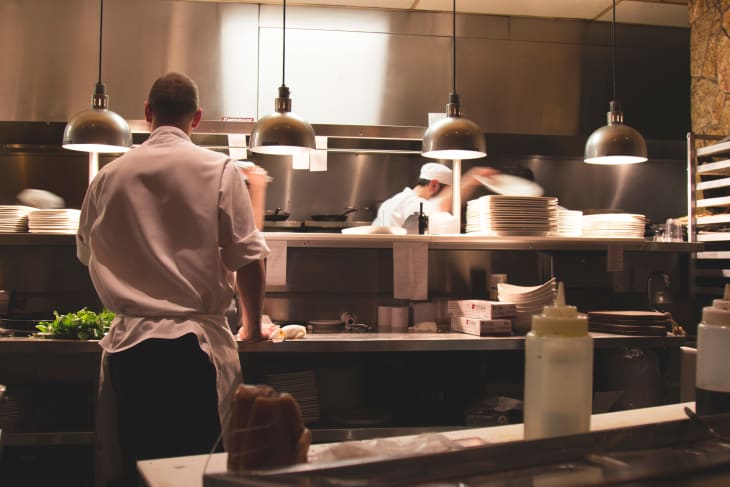“Sanctuary Restaurants” Are Offering Immigrants a Discrimination-Free Space
Independent restaurateurs are rallying together to create a safe space for immigrant workers amidst President Donald Trump’s immigration policy.
Trump signed an executive order last week that would pull federal funding from sanctuary cities in America that refuse to cooperate with immigration authorities to deport non-violent undocumented immigrants. More recently, in another executive order, he temporarily banned immigrants from seven Muslim-majority nations: Iran, Iraq, Libya, Somalia, Sudan, Syria, and Yemen.
Aside from directly impacting the lives of immigrants and their loved ones, the order also affects the restaurant industry: 1.8 million restaurant workers are foreign-born, according to the Bureau of Labor Statistics; immigrants make up 70 percent of the restaurant labor force in larger cities; and the Pew Hispanic Center found that 1.1 million employees in “eating and drinking places” were unauthorized immigrant workers in 2014.
What Are Sanctuary Restaurants?
Now some restaurant owners are signing up for the Sanctuary Restaurants Movement, an initiative created by industry trade group Restaurant Opportunities Centers United and Presente.org before Trump signed his executive orders, to become “sanctuary restaurants.” There’s no official definition of what constitutes a sanctuary restaurant, which was inspired by churches, but it essentially marks which eateries are “safe spaces” for immigrant and LGBTQ employees. The designation is mostly symbolic and does not mean these restaurants can offer any kind of legal protection.
Who Is Getting Involved?
Restaurants across the country from New York City, Minneapolis, and Detroit to Boston, Oakland, and Ann Arbor are taking part in the grassroots movement, reports the Associated Press. By getting involved, restaurants are committing to anti-discrimination policies, putting up signs that declare their status as a sanctuary restaurant, and participating in a “know your rights” training that will teach them things like how to ask for proper paperwork from federal immigration agents.
“Sanctuary restaurants have a zero-tolerance policy for sexism, racism, and xenophobia. We believe that there is a place at the table for all,” reads the website. “Sanctuary restaurants offer support and resources to workers, restaurants, and consumers to help create the world we want to see — a world free from hate, discrimination, and harassment.”
But not all restaurants are behind this campaign. The largest industry trade group, the National Restaurant Association, is calling for changes. Steve Danon, the senior vice president of the association, told the AP that the organization “is looking forward to working with the Trump administration” to make verification “easier and more cost-efficient.”
Read more: Restaurants: The Next Front for the Immigration Debate? from Associated Press
